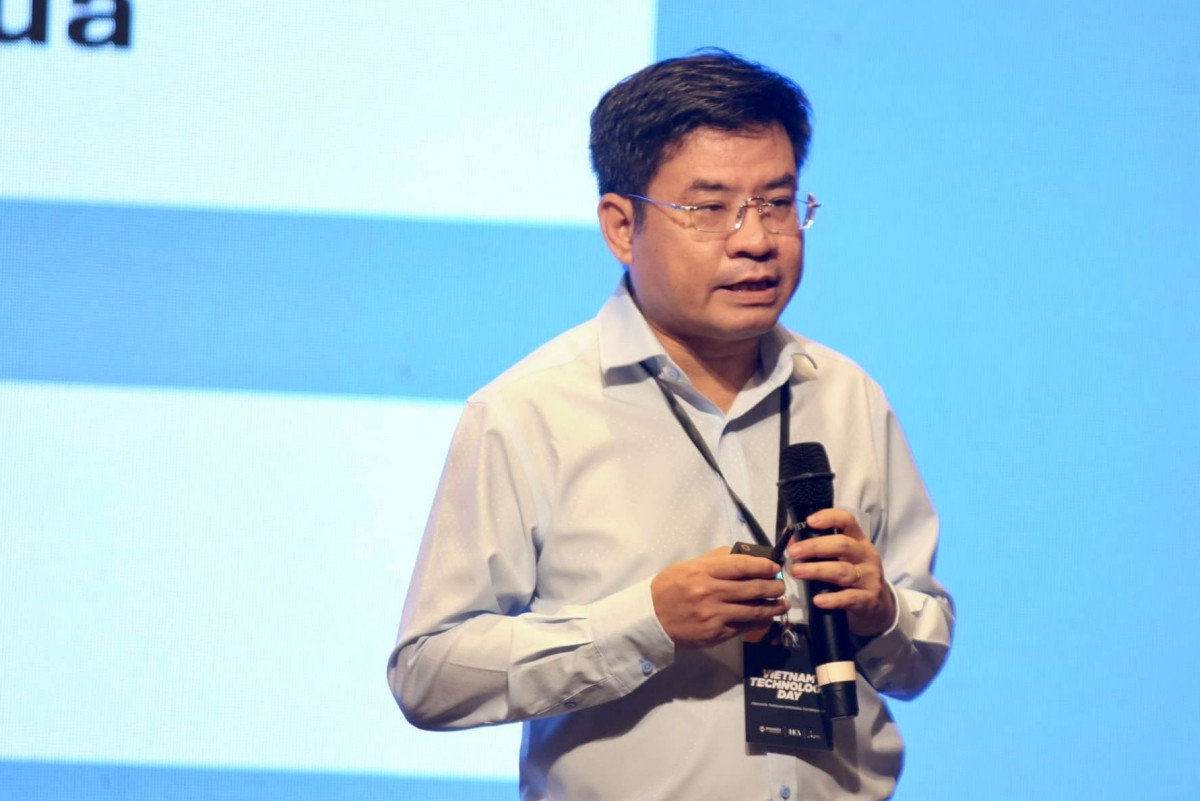
Hong said many businesses have delayed the application of new technologies. In the last eight years, when TMA provided solutions to deploy AI, less than 10 percent of businesses, including foreign-invested ones, did this methodically. The reasons included a lack of readiness, difficulties in capital arrangement, and lack of a labor force.
Previously, enterprises did not hurry to digitize until they faced a crisis, and now, enterprises do not apply AI unless they feel pressure from rivals.
However, Hong noted that the appearance of ChatGPT has created competition among businesses in applying AI to their operations. The number of businesses using AI has increased by three times.
However, not all enterprises can apply AI immediately. In general, enterprises need to draw up a strategy on data. Only when this is ready will they be able to begin to apply AI. AI quality depends on the quality of the input data.
Enterprises need to apply AI when the data infrastructure is ready at a reasonable cost, and when it can help solve business questions.
AI helps reduce costs, and saves time and increases efficiency. However, he said that the data strategy must go first, and businesses need consultancy to help choose the most suitable AI solution.
Nguyen Kim Anh from VinBigData said many businesses had hesitated to integrate AI into major tasks, fearing this would be costly. But now, generative AIs with optimal models can help solve problems in AI application strategies.
VinBigData in late 2023 introduced ViGPT – 1.6B, a Make in Vietnam generative AI model. Just after several months of launch, the model joined top four language models in VMLU (Vietnamese Multitask Language Understanding).
A 2023 report from McKinsey showed that enterprises' sales and marketing, research and development, and customer care and operations will benefit the most from AI application.
Le My